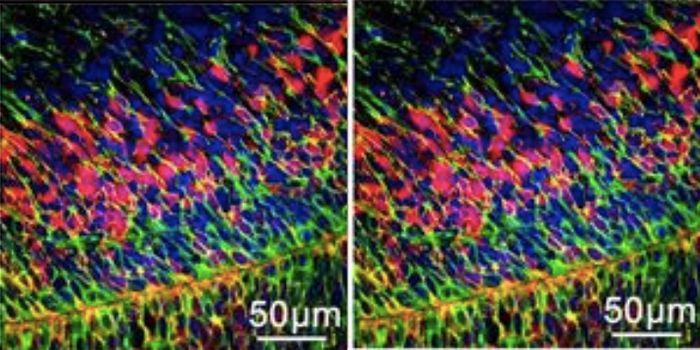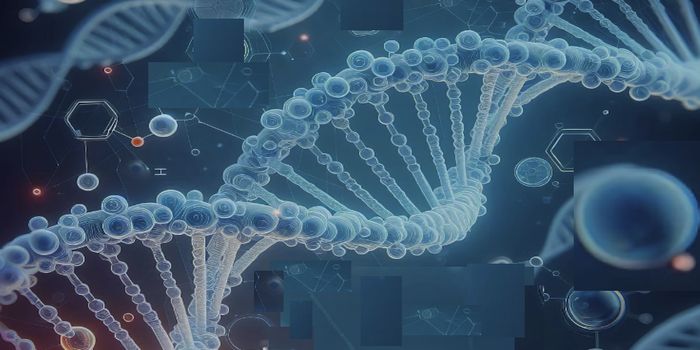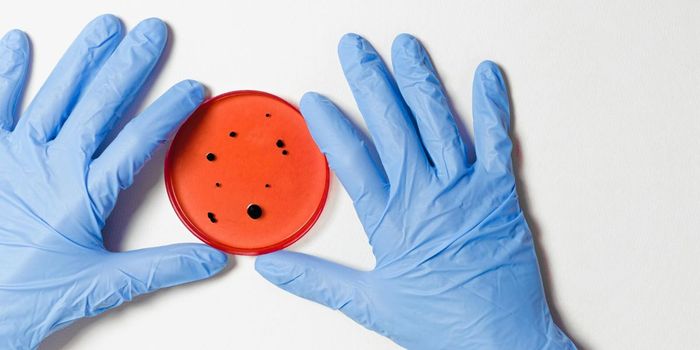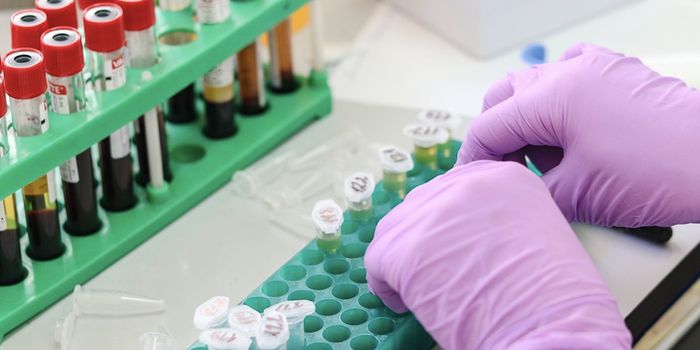Schizophrenia May Be Treated By Targeting Opioid Receptors in the Brain
Schizophrenia is a severe and debilitating mental illness that affects about 1 in 100 people. This mental disorder is usually characterized by patients’ “positive” symptoms, including psychotic behaviors not seen in healthy individuals, such as hallucinations, delusions, dysfunctional thinking, and agitated body movements.
Those who suffer from schizophrenia, however, also experience “negative” symptoms, including reduced emotion, lack of motivation, and social isolation. Currently, there are very few treatments for these symptoms – antipsychotics on the market generally do not improve negative symptoms. Recently, researchers found that an opioid receptor in the brain may be key to alleviating these negative feelings.
Mu-opioid receptors (MORs) are found all over the brain and are particularly dense in a region called the striatum. They play a fundamental role in how we naturally experience reward and pleasure. Opioid molecules are naturally produced in the brain and activate MORs. Stimulation of these receptors results in increased motivation and feelings of pleasure. Prior studies have shown that MORs are reduced in schizophrenics post-mortem (after death) – but experts wondered if these receptors were dysfunctional in living schizophrenics, resulting in their lack of motivation and asociality (the negative symptoms).
In a paper published in Nature Communications, Dr. Oliver Howes of the Psychiatric Imaging Group at MRC London Institute of Medical Sciences at Imperial College, London, UK, and his research team found that MOR levels were significantly reduced in the striatum of schizophrenic patients compared to healthy people. In the study, researchers scanned the brains of 20 schizophrenics and 20 normal volunteers using PET imaging, a molecular imaging method that can be used to study receptor function in the brain.
Researchers also examined how MORs are connected within the brain and found that schizophrenic patients had a more densely connected cerebello-thalamo-cortical circuit. The authors do not know exactly why MORs are pronounced in this network, but suspect that it may be related to genetics.
According to Dr. Abhishekh Ashok, an Academic Clinical Fellow in Radiology also of the LMS and Cambridge University Hospital NHS Foundation Trust, who conducted the study: "The negative symptoms in schizophrenia cause significant distress to patients…because the nature of the changes in brain chemistry that contribute to these negative symptoms is unknown. This PET scan research helps to explain alteration in brain chemicals in a specific brain circuit that contributes to the development of negative symptoms."
"We desperately need treatment approaches for schizophrenia. This is a promising new lead that could help us develop a new treatment,” says Howes.
Source: EurekAlert!, MedicalXpress









